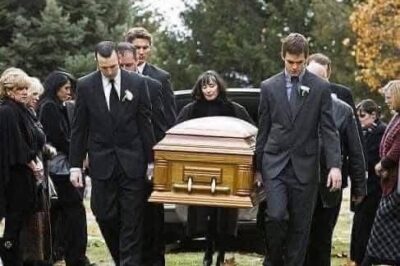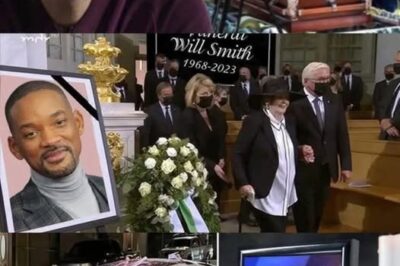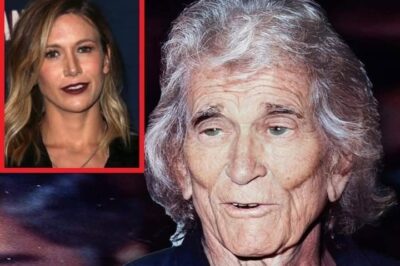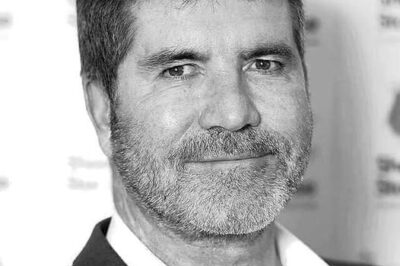Truth about Baba Vanga’s ‘predictions’
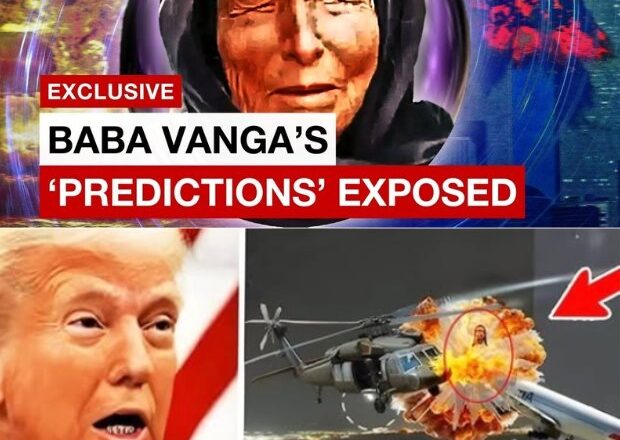
Baba Vanga: The Truth Behind the Blind Mystic’s Prophecies
For decades, the world has been fascinated by the chillingly specific predictions attributed to Baba Vanga, a blind Bulgarian woman who reportedly foresaw everything from natural disasters to political upheaval and even the end of the world. But how much of it is fact—and how much is fiction?
Who Was Baba Vanga?
Born Vangelia Pandeva Gushterova in 1911 in Strumica (then part of the Ottoman Empire), Baba Vanga lost her sight at the age of 12 after being swept up in a freak tornado. Not long after, she claimed to receive visions of the future. By the mid-20th century, she had become a well-known figure in Bulgaria and surrounding regions, often visited by politicians, military leaders, and ordinary people alike.
She gained a reputation as a mystic and herbal healer. Though illiterate, her words were carefully recorded by followers, many of whom swore by her abilities.
The Most Famous Predictions Attributed to Her
Over the years, a number of major events have been linked to Baba Vanga’s supposed predictions. Among them:
The 9/11 terrorist attacks: Followers say she warned that “American brethren will fall after being attacked by the steel birds.”
The rise of ISIS and the destabilization of the Middle East.
The 2004 Indian Ocean tsunami: Some claim she predicted a “huge wave that will cover the shore and people will disappear under the water.”
The election of Barack Obama, the first Black U.S. president.
Brexit and the breakup of the European Union.
Russia becoming the dominant global power, with Vladimir Putin at the center.
Events in the future: colonization of Mars, human contact with aliens, and even a shift in Earth’s orbit.
Many of these predictions only surfaced publicly after the events had already taken place, leading to skepticism over their authenticity.
The Problem with the Prophecies: Lack of Evidence
Although Baba Vanga’s name is now associated with dozens of eerily accurate predictions, very few of these were documented before the events occurred. In fact, most of the quotes and visions attributed to her were either written down by others or passed along through word of mouth.
There is no official or complete record of her prophecies. Many of the quotes circulating online are unverified and often lack sources, dates, or even proper translation. Over time, some predictions appear to have been embellished or entirely fabricated.
Why People Still Believe
Despite the lack of hard evidence, Baba Vanga’s legend continues to grow. Part of the reason is that her predictions are often vague and symbolic, much like those of Nostradamus. This allows people to “retrofit” her words to match current events, especially after disasters occur.
Humans have a psychological tendency called confirmation bias, where we focus on evidence that supports what we want to believe and ignore the rest. In times of uncertainty, many turn to mystics like Baba Vanga for answers, comfort, or guidance—especially when real-world explanations seem chaotic or unsatisfying.
Was She Ever Right?
It would be unfair to say Baba Vanga was entirely wrong. Many people who visited her claimed she provided eerily personal and accurate insights. Some political events and natural disasters did seem to resemble things she reportedly described. But the key problem remains: most of these claims were recorded after the fact, and there’s no clear proof she predicted them beforehand.
Even her most famous prediction—about “steel birds attacking America”—only became widely known after the 9/11 attacks. There’s no verifiable document from the 1990s proving she said it at that time.
The Legacy of Baba Vanga
Today, Baba Vanga remains a figure of mystery. In Bulgaria and across Eastern Europe, many still revere her as a prophetess. Every year, tabloids publish new lists of her “upcoming predictions”—often dramatic and terrifying, ranging from asteroid impacts to bioengineered diseases.
And yet, no scientific study has proven her abilities. Most historians and skeptics agree that while she may have had a gift for empathy and intuition, the more extravagant global predictions attributed to her are largely unverified and often exaggerated.
Conclusion: Prophet or Myth?
So, was Baba Vanga a true clairvoyant or the subject of a modern myth? The truth may lie somewhere in between. While her influence and following are undeniable, the evidence supporting her most famous predictions is weak at best.
Baba Vanga’s story reflects our deep human need to believe in something greater, especially during uncertain times. Whether viewed as a psychic, a symbol of folklore, or a product of media hype, she remains a powerful cultural figure whose mystique endures long after her passing.
News
Famous Game Show Host Passed Away At 83 (NG)
Famous Game Show Host Passed Away At 83 Chuck Woolery, who was best remembered for being the first host of…
10 minutes ago / TV icon Steve Harvey …. (NG)
10 minutes ago / TV icon Steve Harvey …. 10 Minutes Ago / TV Icon Steve Harvey – Goodbye, Steve…
5 minutes ago in Identify the couple who crashed in the helicopter in… See more (NG)
5 minutes ago in Identify the couple who crashed in the helicopter in… See more 5 minutes ago in Identify…
Breaking News: Mike Tyson’s Passing and His Last Regret (NG)
Breaking News: Mike Tyson’s Passing and His Last Regret The world was shocked today as reports surfaced that legendary boxer…
(VIDEO) Michael Landon’s Daughter Finally Confirms What We Thought All Along (NG)
(VIDEO) Michael Landon’s Daughter Finally Confirms What We Thought All Along When you think of iconic actors, it’s hard not…
Very sad ,39 minutes ago (NG)
Very sad ,39 minutes ago Justin Drew Bieber born March 1, 1994) is a Canadian singer. He is recognized for…
End of content
No more pages to load

